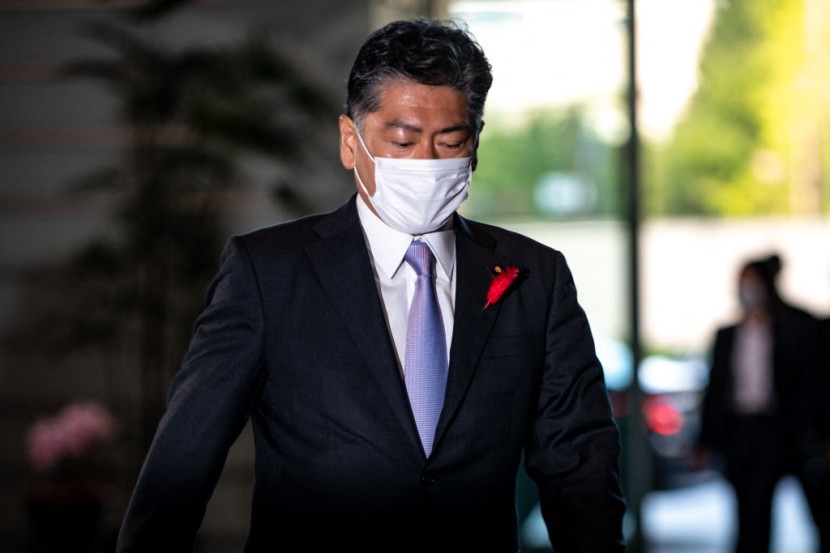
Japanese authorities continued with the hanging of three death-row prisoners on Tuesday, the first executions in the country since 2019, which comes as Prime Minister Fumio Kishida takes the helm of the region's government.
The nation's federal government said that the events were necessary to maintain capital punishment in the face of what they called "atrocious crimes." They are Kishida's first executions since he first took office in October.
Japanese Death Penalty
A justice ministry spokeswoman said that one of the three inmates executed on Tuesday was identified to be 65-year-old Yasutaka Fujishiro who was arrested for murder after using a hammer and knife to kill his 80-year-old aunt, two cousins, and four others in 2004.
The other two inmates were identified to be 54-year-old Tomoaki Takanezawa, who was arrested after killing two clerks at an arcade game parlor in 2003, and 44-year-old Mitsunori Onogawa, who is the former's accomplice, the South China Morning Post reported.
During a news conference, Justice Minister Yoshihisa Furukawa said that the cases the three death-row inmates were involved in were "extremely brutal cases." All executions in the Asian country are conducted via hanging. Most of the time, prisoners only learn about their execution only hours before the scheduled date. The rights group Amnesty International said that families of the prisoners are only notified of the execution after it has been done.
Many rights groups and campaigners who were working to abolish the death penalty in Japan have long criticized the government's use of the punishment. Death penalty adviser at Amnesty International Chiara Sangiorgio responded to the Tuesday executions by saying that Kishida's recent appointment as Japan's prime minister was a chance for the progress of human rights in the region.
However, she argued that the abhorrent resumption of the brutal punishment was a damning indictment of the Japanese federal government's lack of respect for the right to life. Sangiorgio said that after two years without executions, the recent incident marks a missed opportunity to abolish the cruel practice, CNN reported.
Capital Punishment
In May 2009, the Kobe District Court sentenced Fujishiro to the death penalty, and the decision was later finalized in June 2015 after his appeal was rejected by the Supreme Court. On the other hand, Takanezawa and Onogawa were sentenced to death by the Saitama District Court.
Takanezawa's death penalty was finalized in July 2005 after he withdrew his appeal and Onogawa's death sentence was finalized in June 2009 after a decision by the Supreme Court. In a statement after the executions of the three men, Deputy Chief Cabinet Secretary Seiji Kihara told reporters that it was not the time to abolish the death penalty.
"Many Japanese think the death penalty is unavoidable in the case of extremely malicious crimes," said Kihara. The situation comes as Amnesty International revealed data that showed more than two-thirds of countries in the world have already abolished the death penalty in law or practice, the Japan Times reported.
During a separate news conference, Justice Minister Furukawa said that he made the decision to approve the executions "after giving careful considerations again and again."
Related Article:
© 2025 HNGN, All rights reserved. Do not reproduce without permission.








